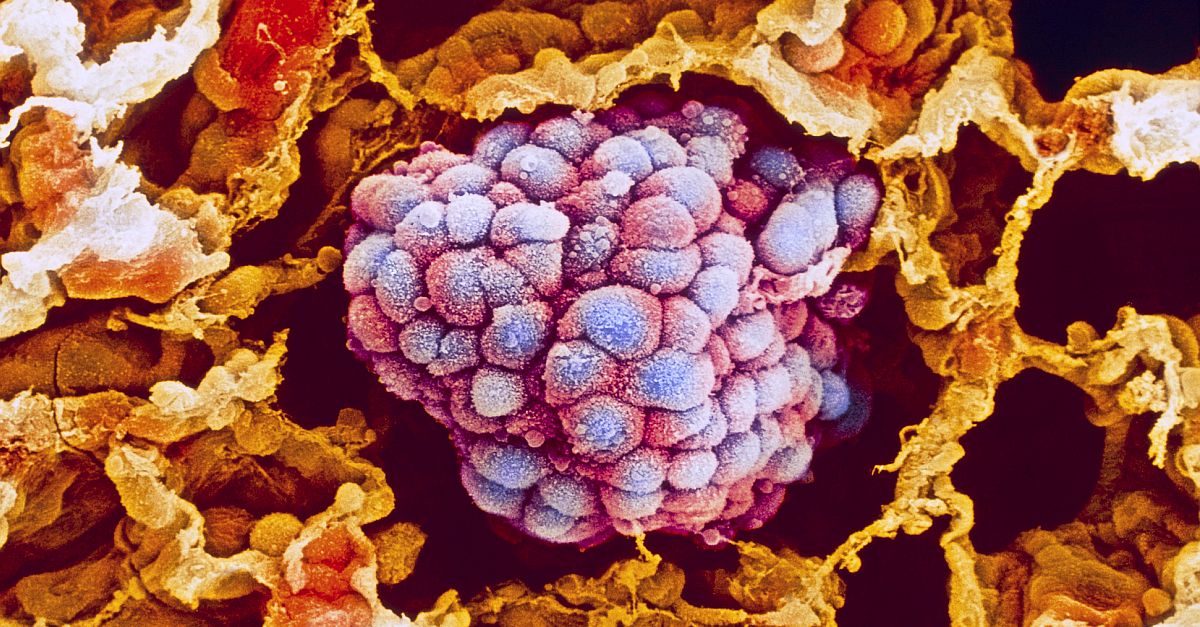 Aptitude Health spoke with Dr Jagathi Devi Challagalla of Texas Oncology in Wichita Falls, Texas, United States, to gain her perspective on the treatment of lung cancer. Dr Challagalla is a hematologist-oncologist with special interests in the treatment of breast, colon, and lung cancers and hematologic malignancies.
Aptitude Health spoke with Dr Jagathi Devi Challagalla of Texas Oncology in Wichita Falls, Texas, United States, to gain her perspective on the treatment of lung cancer. Dr Challagalla is a hematologist-oncologist with special interests in the treatment of breast, colon, and lung cancers and hematologic malignancies.
1. Do you think we can start talking about cure in patients with lung cancer?
Given the recent data, we are definitely able to cure more patients, especially with immunotherapy consolidation in stage III patients. Immune therapy and targeted therapy have impacted the cure rates in lung cancer patients. Targeted therapy for patients with targetable mutations has not only improved quality of life, but also outcomes in these patients in terms of overall survival.
2. What were the most impressive data/trial in lung cancer in the last couple of years that inclined you to change your practice?
One very impressive trial was the KEYNOTE-021 study for advanced non-squamous non-small cell lung cancer, which brought pembrolizumab with chemotherapy to the forefront. The ADAURA clinical trial with osimertinib in resected, EGFR-mutated non-small cell lung cancer was also very impressive, as it brings targeted therapy into the adjuvant setting, which is where we can potentially cure a substantial portion of patients if these treatments are moved upfront.
3. What is your biggest disappointment in terms of lung cancer treatment in the last few years?
The delay in moving these targeted therapies into the adjuvant setting has been most disappointing. We have been expecting neoadjuvant and adjuvant data with targeted therapies alone in patients with targetable mutations, allowing for avoidance of chemotherapy and its toxicities. Unfortunately, clinical trials are still not addressing this. I do feel this would contribute substantially to curing patients with early-stage disease who have targetable mutations, not limited to EGFR mutation alone, though this is more common than other mutations such as ROS, BRAF mutations, etc. This needs to be addressed.
4. Has COVID changed your practice? If so, how?
The initial time during the pandemic did change our practice to using more telehealth and oral medications, when possible, but we are now back to seeing 90% of our patients face-to-face. At the height of the pandemic, we were doing a lot of telehealth visits. Patients’ reactions were mostly mixed, though I must say a few appreciated the fact that we could do telehealth. However, most wanted face-to-face contact and there were some who bluntly refused telehealth. Now most offices have gone back to normal. In our office, practitioners are seeing patients 99% face-to-face.

